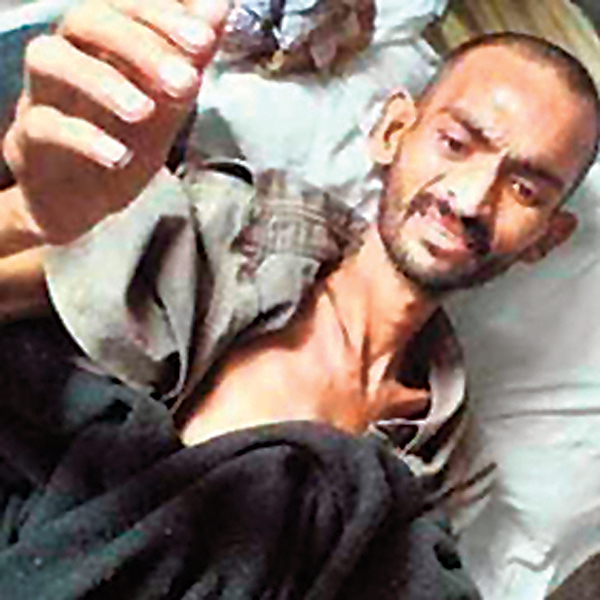
The verdict in the Salman Khan case brings forth the inherent weakness in the criminal justice system in India – that justice and judgment are two different things. Ideally, they need to be synchronous.
Indeed, the lawyer fraternity is aghast to see Salman walking free, fully redeemed. This was when almost everyone believed from overwhelming circumstances that he was the culprit. The primary reason given for his acquittal was that the police did not do their job well.
Further, a well-settled law point, specific of Section 32 of the Indian Evidence Act, 1872, was deviated from and it was considered that the statement of late Ravindra Patil could not be really tenable.
Indeed, the police were at fault. Sometime in 2012, an information emerged that certain sections of the police were helping Salman. The effect of such a misconduct was that the case would get lost in unending delays and non-appearance of critical witnesses. This information was verified and several incriminating facts emerged.
It was found that important witnesses were not served summons. Star witness Kamaal Khan was permitted to go abroad without deposition even though he had undertaken before the court to present himself.
Wrong names of doctors, who had nothing to do with the case, were brought in and this led to the delay of the trial by many years. Another star witness, Ravindra Patil, disappeared mysteriously and he was brought in only after an arrest warrant was issued.

Ravindra Patil - File Photo
Also Read: Will Ravindra Patil get justice?
Ironically, his deposition happened only after he was put in jail. Statement of star witness Kamaal Khan was not recorded before the magistrate under section 164 of Code of Criminal Procedure, whereas statements of three non-star witnesses were recorded under this section.
Nevertheless, many of these were rectifiable flaws. The Bombay High Court could have remanded the case for re-trial and even further investigation under the provisions of Section 386(a) and 173(8) of the Code of Criminal Procedure, 1973.
Further, the high court ought to have come to a consequential finding with respect to driver Ashok Singh. He need to have been made accountable either for giving false evidence or for the act of driving, which killed and injured people.
The state government was not vigilant enough to appoint special counsels so as to match the legal resources of the opposite party.
For a case like Adarsh, where senior politicians were involved, government spent crores on counsels, but not in this case. The prosecution never put forward the case for a retrial before the high court. Nor did it come up with any plausible consequence to deal with the contradictions in driver Ashok Singh's position.
The outcome of the case had thus become apparent right from inception. What was expected indeed happened.
Time has now come for the police to take remedial steps. While an appeal to the Supreme Court is required, the procedure stipulated in the police manual for prosecuting the defaulting cops where strictures are passed by the high court needs to be scrupulously followed. This alone shall bestow accountability on the defaulting public servants.
(Abha Singh is an advocate at the Bombay HC)